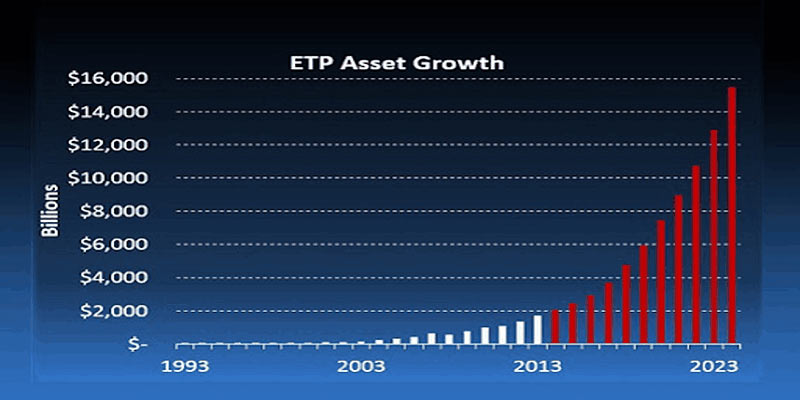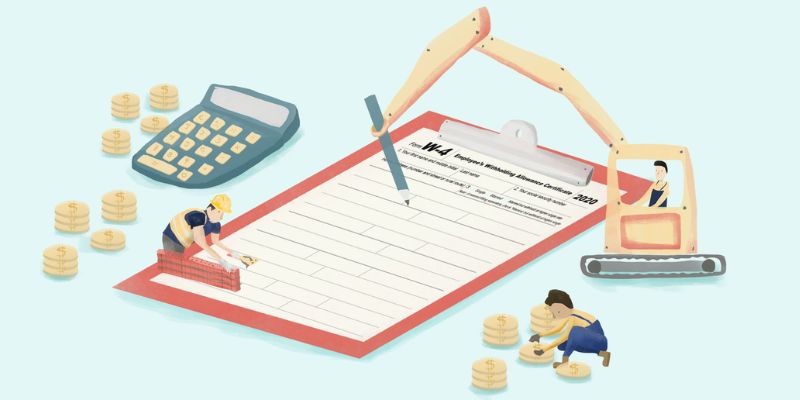When it comes to borrowing money, lenders pay close attention to your credit report. This document contains a wealth of information about your past financial activity that helps them determine whether or not you're a good candidate for their loan products. Knowing what lenders look at on your credit report can help you prepare for the application process and improve your chances of being approved.
The most important factor lenders consider your credit score, which is a numerical representation of how well you manage debt and pay bills on time. Your payment history also plays an essential role in determining if you're eligible for financing, as does any open accounts with delinquent payments or bankruptcies listed on the report. Also, lenders may consider factors such as total outstanding debt versus income ratio (DTI) and other debts associated with secured assets such as mortgages or car loans.

Overview of Credit Reports:
Credit reports provide a comprehensive overview of your financial activity. They list information about open and closed accounts, including payment histories and public record items such as bankruptcies or liens. The report includes your name, Social Security number, address history, and employment details. All the information included in the report is provided by lenders and creditors and is used to determine your creditworthiness.
By understanding what lenders are looking at on your credit report, you can take steps to improve your financial situation before applying for a loan. Paying bills on time, reducing existing debt, and monitoring your report regularly will all help to increase your chances of being approved. Taking these proactive measures can help you secure the financing you need.
What is a FICO Score, and How Does It Impact Your Loan Approval?

Your FICO score is one of the most important factors lenders consider when evaluating your credit report. This numerical representation of how well you manage debt and pay bills on time ranges from 300 to 850 and is used by lenders to determine if you are an eligible borrower. A higher score indicates a better track record, while lower scores suggest more financial risk.
If your FICO score is not where you'd like it to be, a few steps can help improve it. Paying on time each month and reducing debt will increase your score quickly.
Monitoring credit utilization and regularly checking for mistakes or discrepancies in your report can increase the number over time. Put these measures into practice soon to experience positive results with your FICO score!
The Five Factors that Determine Your Credit Score:
Payment History:
Lenders want to know whether you pay bills on time. If you have a history of late payments, it could negatively impact your score.
Credit Utilization Ratio:
This measures how much credit you use compared to your total available credit limit. Keeping this ratio low is important for maintaining a good credit score.
Length of Credit History:
Generally, the longer your account history is, the better it looks on your report.
Types of Credit Used:
Having various types of accounts, such as credit cards and loans, can help boost your score.
New Credit Accounts:
Applying for too many credit accounts in a short time can hurt your score, so it's best to take your time and only apply for those necessary.
How Lenders Use Your Credit Report to Determine Eligibility for Loans?

When lenders evaluate your credit report to determine loan eligibility, they also consider other factors such as your total debt-to-income ratio (DTI), the type of loan you are requesting, and any other debts associated with secured assets.
All these elements help them assess the risk of lending you money and decide if they should approve or decline your loan application. Lenders may also consider any bankruptcies listed on the report and other public records like liens or judgments.
Tips on Improving Your Credit Score Before Applying for a Loan:
Pay bills on time:
Making regular payments and avoiding late fees is essential for keeping your score high.
Reduce existing debt:
Lowering the amount of total debt can help improve your credit score faster.
Monitor credit utilization ratio:
Make sure to keep track of how much available credit you have and use it responsibly.
Check your report regularly:
Reviewing your credit reports regularly can help uncover any errors or inconsistencies that could hurt your score.
Be mindful of applying for new accounts:
More inquiries in a short time can damage your rating, so be selective when applying for new credit accounts.
Conclusion:
Understanding what lenders look for when evaluating your credit report is important. Taking the necessary steps in advance can help you improve your score and increase your odds of being approved for a loan. Pay attention to how you manage debt, monitor credit utilization, and always check for mistakes on your report. With patience and dedication, securing financing is within reach.
FAQs:
What credit report do most lenders look at?
Most lenders use a FICO score, calculated based on your credit report information.
How long does it take to improve my credit score?
Improving your credit score can take a few months to several years, depending on the situation.
What do lenders look at before giving you credit?
Lenders typically look at your payment history, credit utilization ratio, length of credit history, types of accounts you have, and any new accounts you've opened before deciding to approve or deny a loan.
What does your credit score tell lenders about you?
Your credit score indicates how likely you are to repay a loan. A higher score suggests that you have a better record of paying off debt and are more likely to repay any loans you take out.




